SUMMARY
This is AI generated summarization, which may have errors. For context, always refer to the full article.
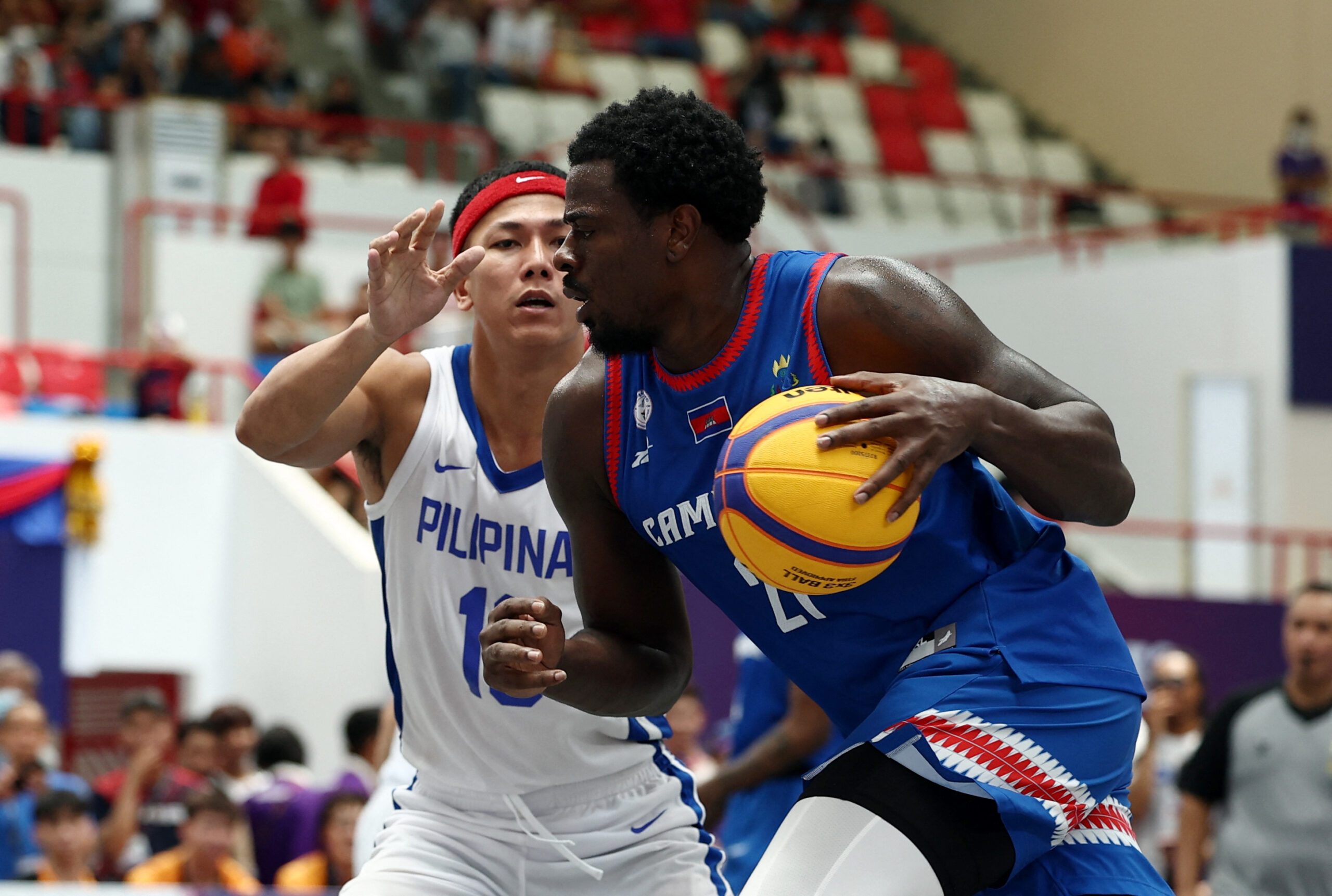
MANILA, Philippines – The 32nd Southeast Asian Games in Phnom Penh has seen both textbook and unorthodox maneuverings by the host country to strengthen its chances to win more gold medals and the overall championship.
In all the 21 previous times that Cambodia has joined the SEA Games, the country bagged just a total of 69 gold medals, 115 silver medals, and 268 bronze medals.
In the 2015 Singapore SEA Games, they copped only one gold. In the 2005 Manila SEA Games, Cambodia even failed to take home a single gold medal.
As of 9:55 am of Wednesday, May 10, Cambodia has already amassed 39 golds, 39 silvers, and 39 bronzes from this year’s SEA Games.
One feature about the biennial regional games that can be described as both unique and controversial is the discretion given to the host country to add events that would help it secure more victories on the home front.
As veteran sports journalist Chino Trinidad said about the SEA Games, “The host country rules the gold.” Though not an absolute, for the most times, this is true.
But Cambodia has seemingly taken this chink in the rule book to a totally different level by introducing the passport-only rule which it had exploited to the hilt by employing numerous naturalized players.
Already, this has cost the Philippines two gold medals.
In 3×3 basketball, Gilas Men fell to a Cambodian team made up of three naturalized player and one local who was not even fielded in the entire finals game.
Three-time SEA Games triathlon gold medalist Kim Mangrobang conceded her title to Margot Garabedian, a naturalized Cambodian from France.
Even the legendary Efren “Bata” Reyes saw his medal streak in the SEA Games end when he was booted out by a Cambodian passport-bearing Korean.
The wholesale deployment of naturalized athletes by the host country has turned into a full-blown controversy that has dominated online discussions. It has particularly touched a nerve among Filipino fans given that at the center of the naturalization brouhaha is the sport closest to the hearts of Filipinos, basketball.
One interesting twist in the debates is how some Filipinos have purported that the Philippines has been doing the same thing in the past so complaints from our side do not stand on any moral ground. Fellow Filipinos have essentially labeled their own country, the Philippines, a kettle calling the pot, Cambodia, black.
Addressing the controversy from this angle grossly misrepresents the country’s basketball history and sidesteps the fundamental questions that surround this issue.
The Philippines is probably the first country in Asia to utilize naturalized players in FIBA competitions, a practice which began in the 1980s with the Northern Consolidated Cement national team reinforced by Dennis Still and Jeff Moore.
The NCC Nationals did so in accordance with the rules of FIBA, which allowed a country to suit up two naturalized players.
Both Still and Moore also saw action when the country won the basketball gold in the 1985 SEA Games in Bangkok.
The Philippines made sure to play by the rules in the FIBA competitions and in the 1985 SEA Games. The Philippines did not make the rules. The rules were already in place, and the Philippines complied with them.
Therein lies the difference.
Cambodia, on the other hand, acted as a unilateral legislative, executive, and judiciary body. They devised the rules that they could take every advantage of, implemented the rules, and left no room for dispute.
There are those who say that participating countries were informed of these eligibility guidelines months ago. They did not complain then. Why are they complaining now?
This speaks of a lack of awareness of the dynamics of these regional competitions. Yes, one can voice out concerns, but ultimately, it is still the host country’s decision that will reign supreme.
Simply put, protesting is like talking to a brick wall.
A similar case happened to Gilas Pilipinas in the 2014 Asian Games when a few weeks before the competition, host South Korea released a residency rule which required a naturalized player to have lived in the country he is representing for a certain period of time.
This threw off coach Chot Reyes’s preparation which already revolved around Andray Blatche, who played with the team in the FIBA World Cup. The SBP protested, they appealed to the organizers, but eventually, Reyes followed the rules and replaced Blatche with Marcus Douthit.
Then there are those who say that the Cambodians merely found a way around the system, but they did not break any rules, hence, there really is much ado about nothing here.
This issue cannot be approached purely from a legalistic standpoint. That would relegate to obscurity a number of essential elements intrinsic to these regional games that are inevitably attached to the controversy.
Just because rules have been enacted does not shield these from being tested and judged on the principles of sportsmanship and on the noble idea that the SEA Games should be able to create an athletic environment where national pride and patriotism are felt and lived out by participating athletes.
All these have obviously been thrown out the window by the host country. Cambodia is also going against a dictum of sports which is to win the right way.
Instead, the message that they are sending is to win now and to win at all costs, or at least up to the maximum dollar bills the government is willing to pay.
It is a wonder if these same athletes they have naturalized will continue to play for their country after the SEA Games, or if this is a one-off arrangement especially given the huge possibility that these same rules will no longer apply when the next SEA Games is hosted by Thailand in 2025.
This is no longer a mere question of whether or not there were rules that were broken because obviously there aren’t. Rather, the heart of the matter is having a sense of what is right and what is wrong.
Wrong is wrong regardless of who is calling it out. When rules defy the ideals of fair play which is the essence of sports, then it is everyone’s moral obligation to speak out against it. – Rappler.com
Add a comment
How does this make you feel?

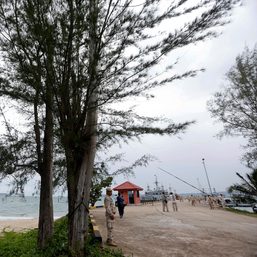

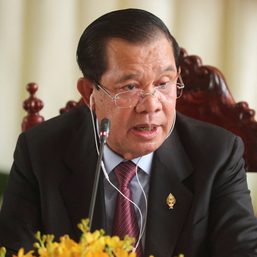
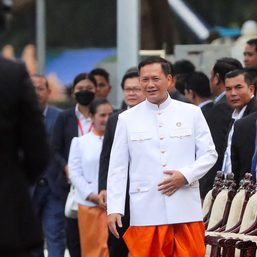
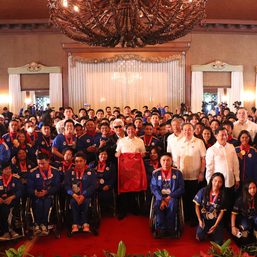
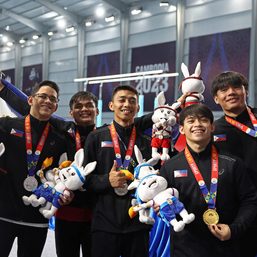
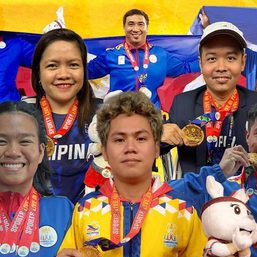
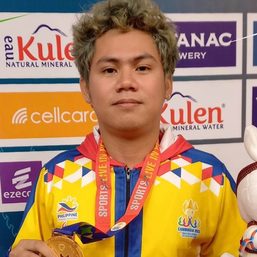
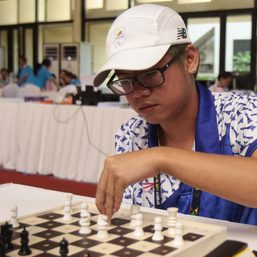
There are no comments yet. Add your comment to start the conversation.